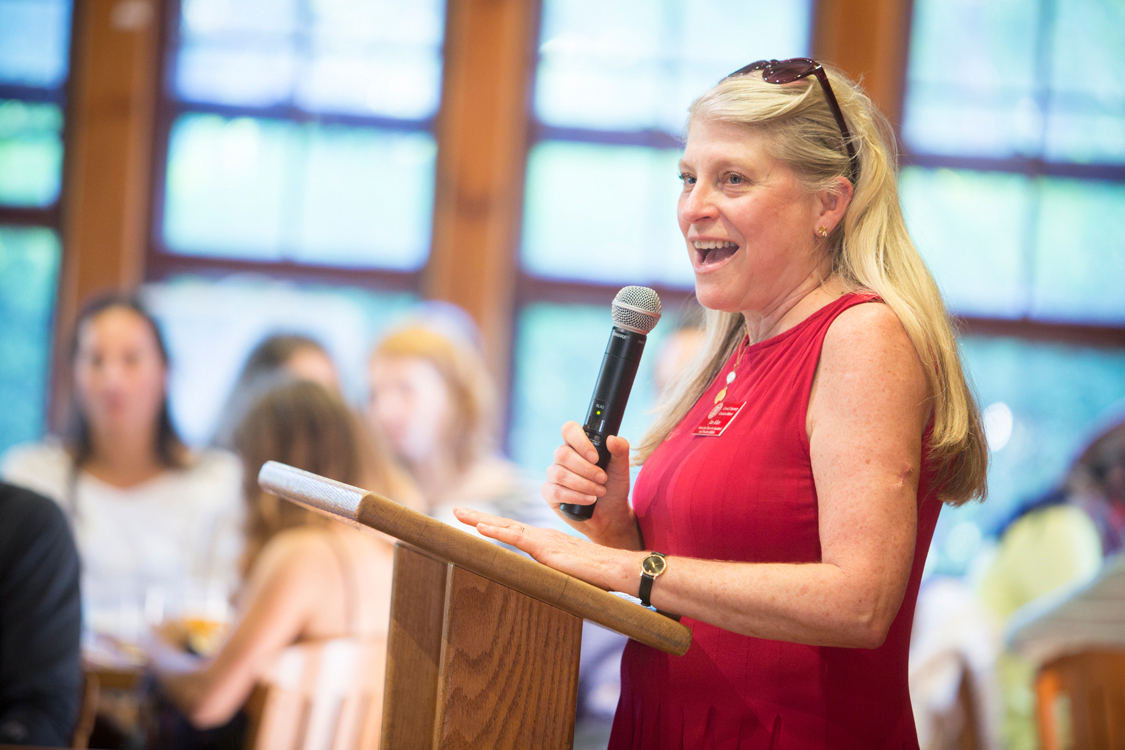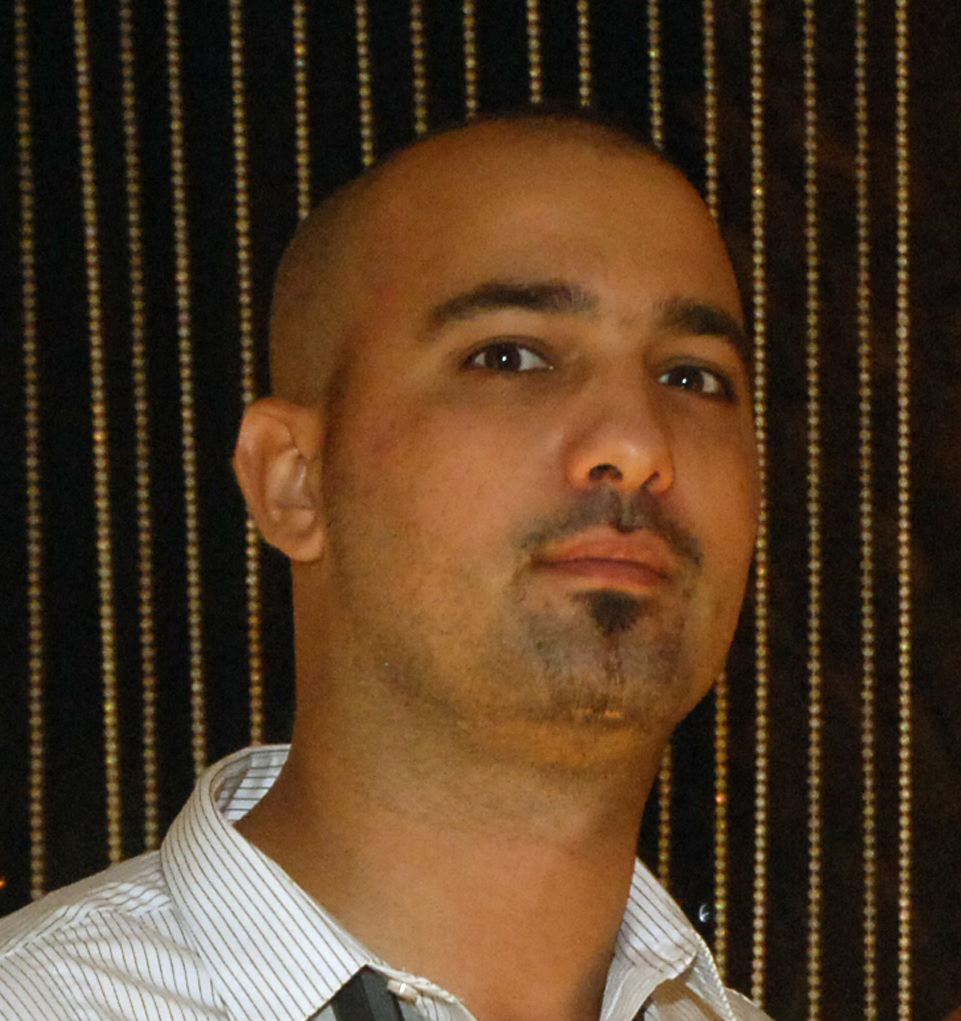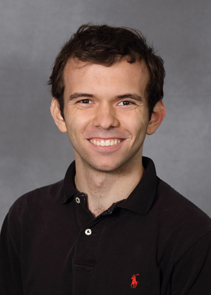Graduate students earn record number of NSF fellowships
By Daniel Aloi



With 249 National Science Foundation Graduate Research Fellowship (NSF GRF) recipients on campus this year, Cornell is giving its graduate students an edge in competing for the prestigious awards.
The total number of students with NSF GRFs at Cornell has risen steadily, from 81 in 2008-09 to 249 in 2015-16. The NSF currently awards 2,000 fellowships annually, providing $34,000 in funding for each of three years.
Barbara A. Knuth, senior vice provost and dean of the Graduate School, said 59 new NSF GRF awardees are beginning their fellowships this semester.
“We are incredibly proud of you for the initiative and hard work you demonstrated,” Knuth said Sept. 15 at a reception for fellowship recipients. “You are part of an elite and very successful group of students.”
To help students be more competitive, the Graduate School began hosting regular fellowship workshops in September 2012, offering technical information and advice from successful NSF recipients. Additional sessions focus on the NSF application and review process, how to write a competitive fellowship application, and consultation and reviews of application drafts. Many of Cornell’s graduate fields also host fellowship-writing seminars, and graduate field faculty members assist students by giving feedback on their application essays.
“The ability to describe your research in a clear, concise and persuasive way is a skill transferrable to any position that our Ph.D. students might seek,” said Jan Allen, Graduate School associate dean of academic and student affairs, who leads the workshops. “Whether you become a faculty member or work in government or industry, persuading reviewers to fund your research is an important skill.”
Bertrand Ottino-Loffler, a second-year graduate student in the field of applied mathematics, is among recent NSF fellowship winners.
“The workshops gave me a lot of helpful feedback that really sped up the editing process,” Ottino-Loffler said. “Having a good essay is one of the most important aspects of an NSF application, so Jan’s workshops were pretty important to getting this result.”
He submitted his proposal to the NSF last year, detailing research on constructing simplified vehicle traffic models for urban environments. The fellowship, he said, will “free up my schedule, so I can devote myself to classes and research without needing to spend time securing funding.”
Eliad Peretz, a Ph.D. student in mechanical and aerospace engineering (MAE), emigrated to the United States from Israel in 2013, joining Cornell as a visiting researcher in former professor Hod Lipson’s Creative Machines Lab. “I knew what I wanted to research after I did some initial work on different projects,” he said.
Peretz approached Lipson, whose work involves computation, 3-D printing fabrication and evolutionary robotics. “He opened the door for me, and we talked about my research idea – basically, how to create an optimized solar cell,” Peretz said.
Peretz also enlisted as a principal investigator associate professor of chemical and biological engineering Tobias Hanrath, who works with nanostructured materials with energy applications.
“We’re using computational evolutionary design tools to create systems that nature has not yet had the opportunity to work with,” Hanrath said of the collaborative project.
In late 2014 Peretz applied for, and later won, both NSF and NASA Space Technology Research fellowships for his idea – and was among 50 finalists for an even more competitive Hertz Fellowship – after attending every fellowship information meeting he could find in the Graduate School and the College of Engineering. “I was always asking questions and always chasing people,” he said.
His advice to hopeful fellowship applicants: “If you're serious about your planned research, start early. You need to want it, and you need to make sure you are prepared.”
Peretz asked Allen and all of his advisers to read his applications describing himself and his research, and give him feedback.
“What I received from Cornell was that people found the time,” he said. “I started preparing two to three months in advance of submitting. All of my contacts wrote back [with] useful feedback.”
“I was lucky enough to have people that believed in me,” Peretz added. “I [wanted] to be involved with them early enough, and to work hard enough, so that they would feel a real commitment to support me.”
Media Contact
Get Cornell news delivered right to your inbox.
Subscribe